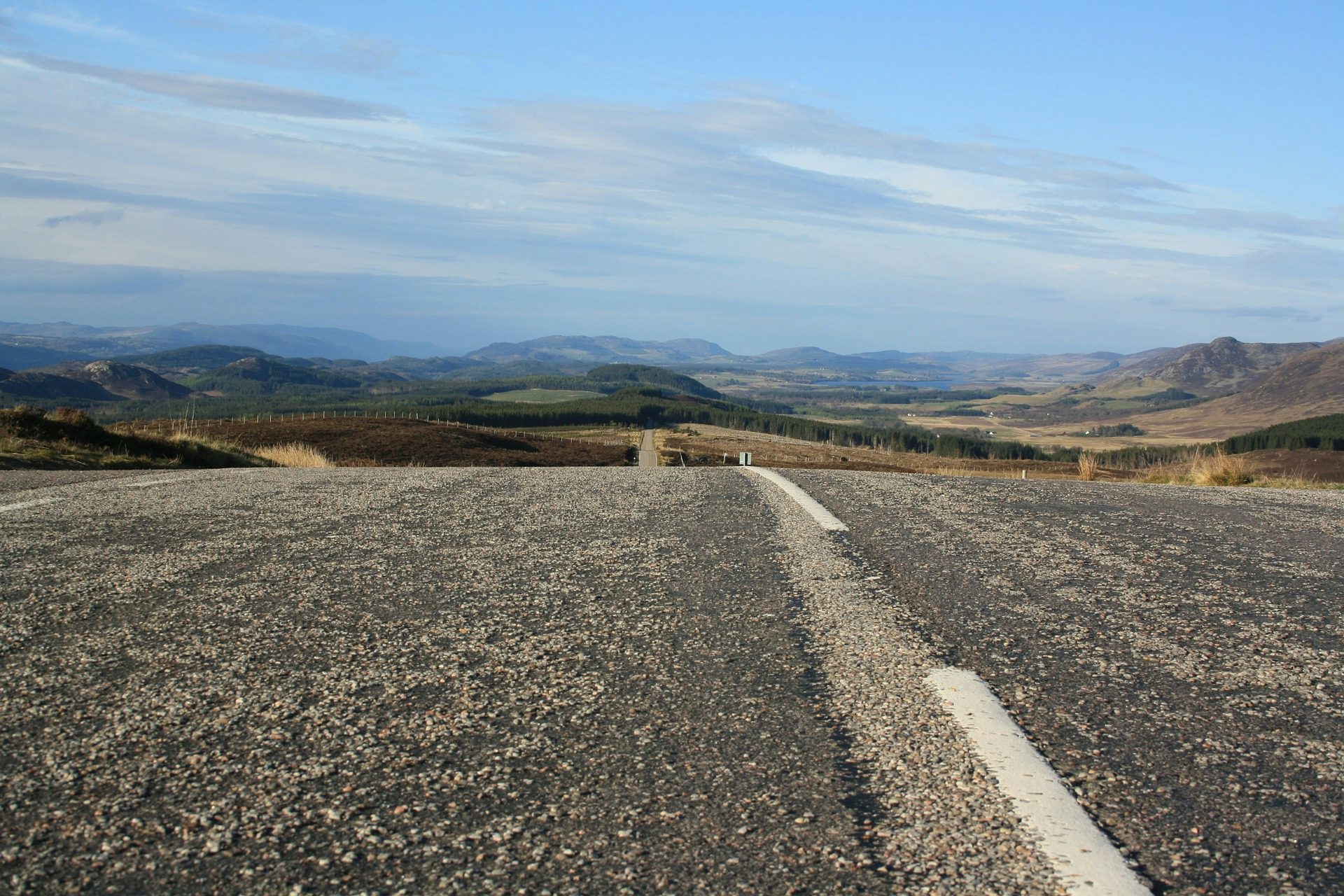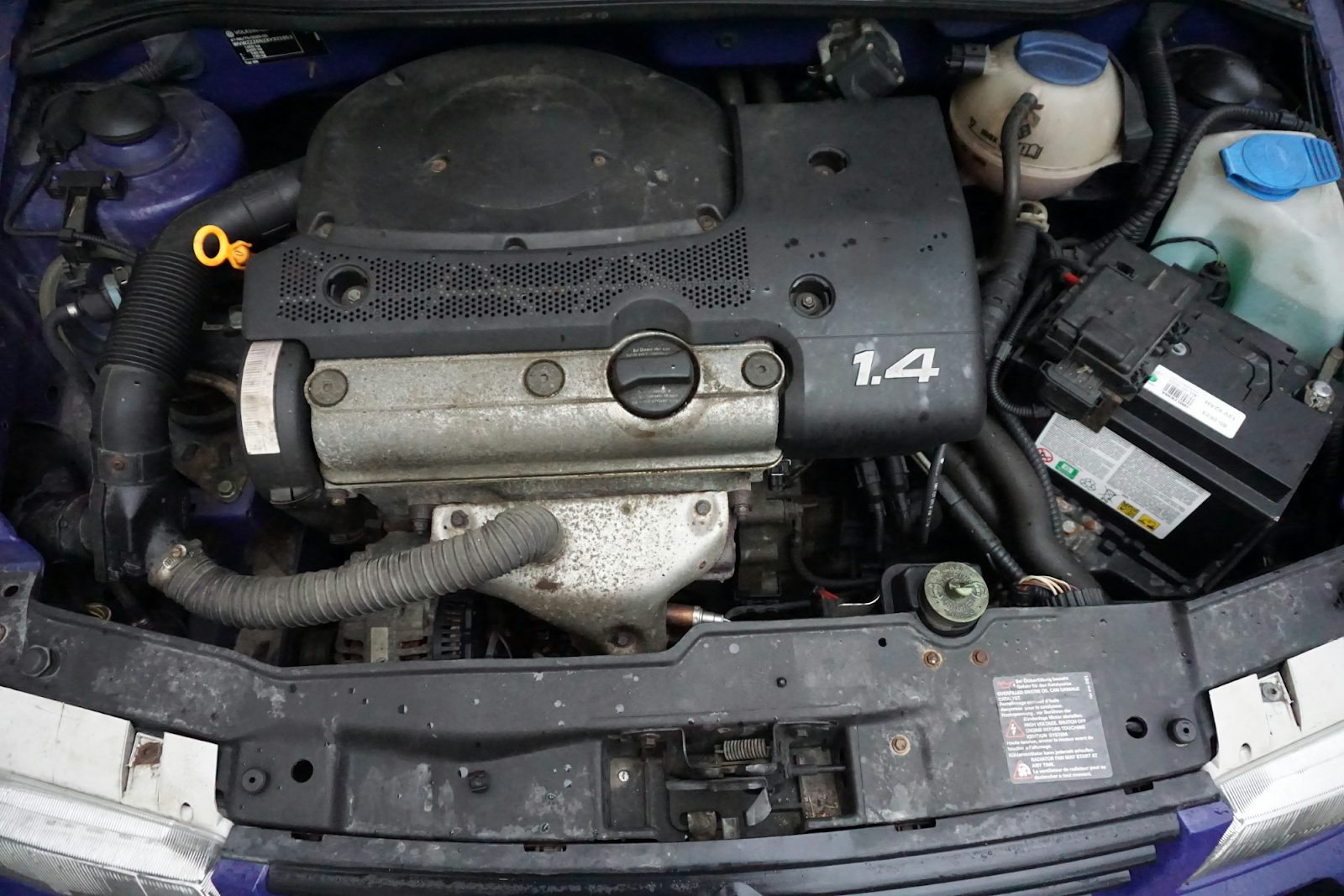
Eco Driving reduces fuel consumption (saving you money!) and gas emissions. Studies have also shown that Eco Driving can help reduce crash involvement dramatically. The most important Eco Driving techniques are stated below:
Anticipating your needs and planning ahead
By planning ahead, you will spend less time in congested traffic.
- Avoid peak-hour traffic
- Avoid using your car if you don’t need to - use public transport, carpool, cycle or walk instead
Keeping a steady speed
By maintaining a stable and limited speed, you will use less fuel.
- Use cruise control when safe (e.g. highways)
Driving less jerky and maintaining a reasonable following distance
Jerky driving leads to higher fuel consumption.
- Avoid hard or unnecessary acceleration on the road or after traffic lights
- Avoid harsh braking
- Slow down smoothly by e.g. releasing the accelerator and leaving the car in gear rather than manual braking
- Change gears at lower engine speed to prevent labouring the engine
- Keep a large enough safety distance to the car in front so you have time to anticipate and react to traffic situations smoothly, and as a result drive less jerky
Vehicle maintenance and other tips

General tips to reduce the environmental impact of your vehicle:
- Turn the engine off when stopped for more extended periods
- Low tyre pressure increases fuel consumption - keep tyres inflated to the highest recommended pressure
- Avoid carrying unnecessary weight (e.g. roof racks)
- Service your car regularly - it saves you money in the long run and reduces the environmental impact of the car
- Modern vehicles don’t need to pre-heat the engine before starting up
